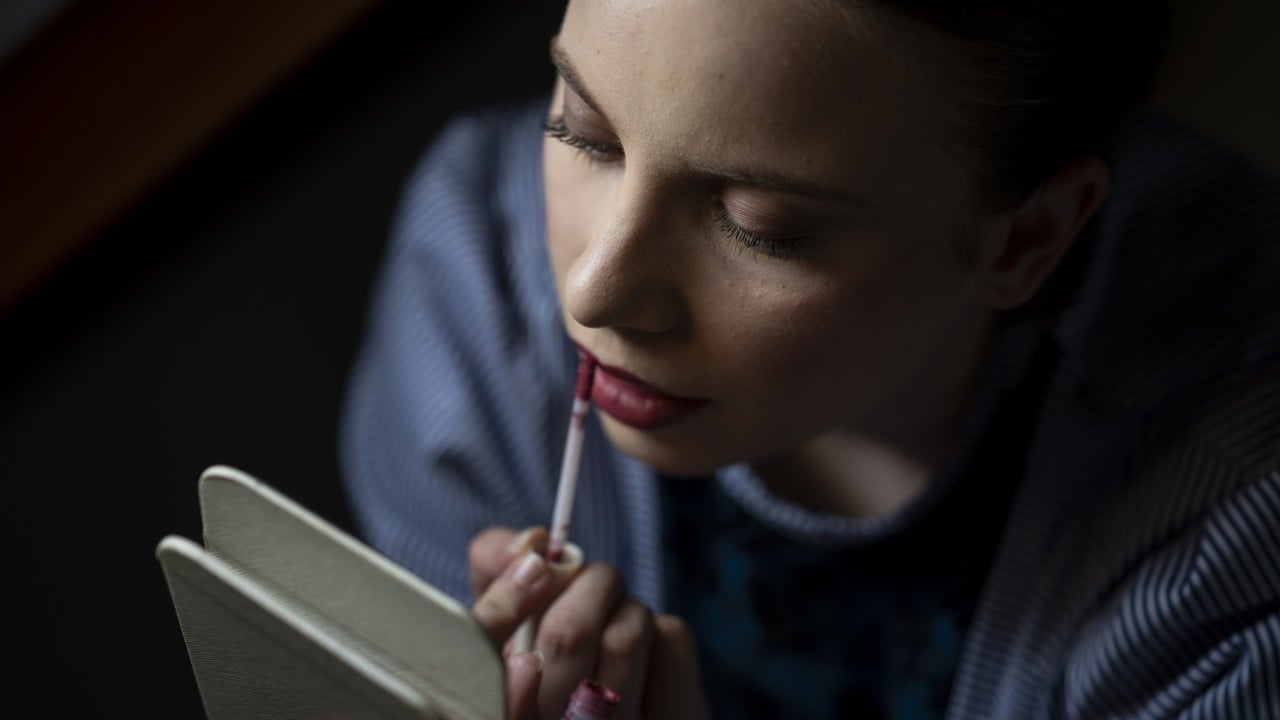After Starbucks and McDonald’s, Asia’s anti-Israel boycotts find a new target: Western beauty products
Indonesian sales assistant Phany, who works at health and beauty store Watsons in the city of Medan, North Sumatra, has noticed a change in the way customers shop for cosmetics and skincare in recent months. Some are now avoiding certain global brands, despite having used them for years.
“I had one lady who had used L’Oreal products for over a decade, but she said she would never use it again and was moving on to other local brands,” Phany said.
Indonesian clerics issue fatwa boycotting products linked to Israel and Zionism
Indonesian clerics issue fatwa boycotting products linked to Israel and Zionism
The change in customer behaviour is representative of a broader shift among Indonesians, many of whom are heeding calls to boycott products perceived as being affiliated with Israel due to the conflict in Gaza.
While the initial focus of the boycotts was specific food and drink brands such as McDonald’s, it is now extending to other areas, including beauty products.
Southeast Asia’s Muslim-majority nations are leading the region’s rebuttal to Israel’s assault on Gaza, which was launched in response to Hamas’ October 7 attack on Israel. That initial raid killed over 1,200 Israelis, with about 250 taken hostage into Gaza.
More than 33,000 Palestinians have since been killed in Israel’s months-long bombardment of the enclave, according to the Hamas-run Gaza health ministry.
“Since the Israel-Gaza war peaked at the end of last year, the boycotts have been quite massive in scale compared to previous boycotts of Western products,” said Ega Kurnia Yazid, an economist and subsidy policy specialist at Indonesia’s National Team for the Acceleration of Poverty Reduction.
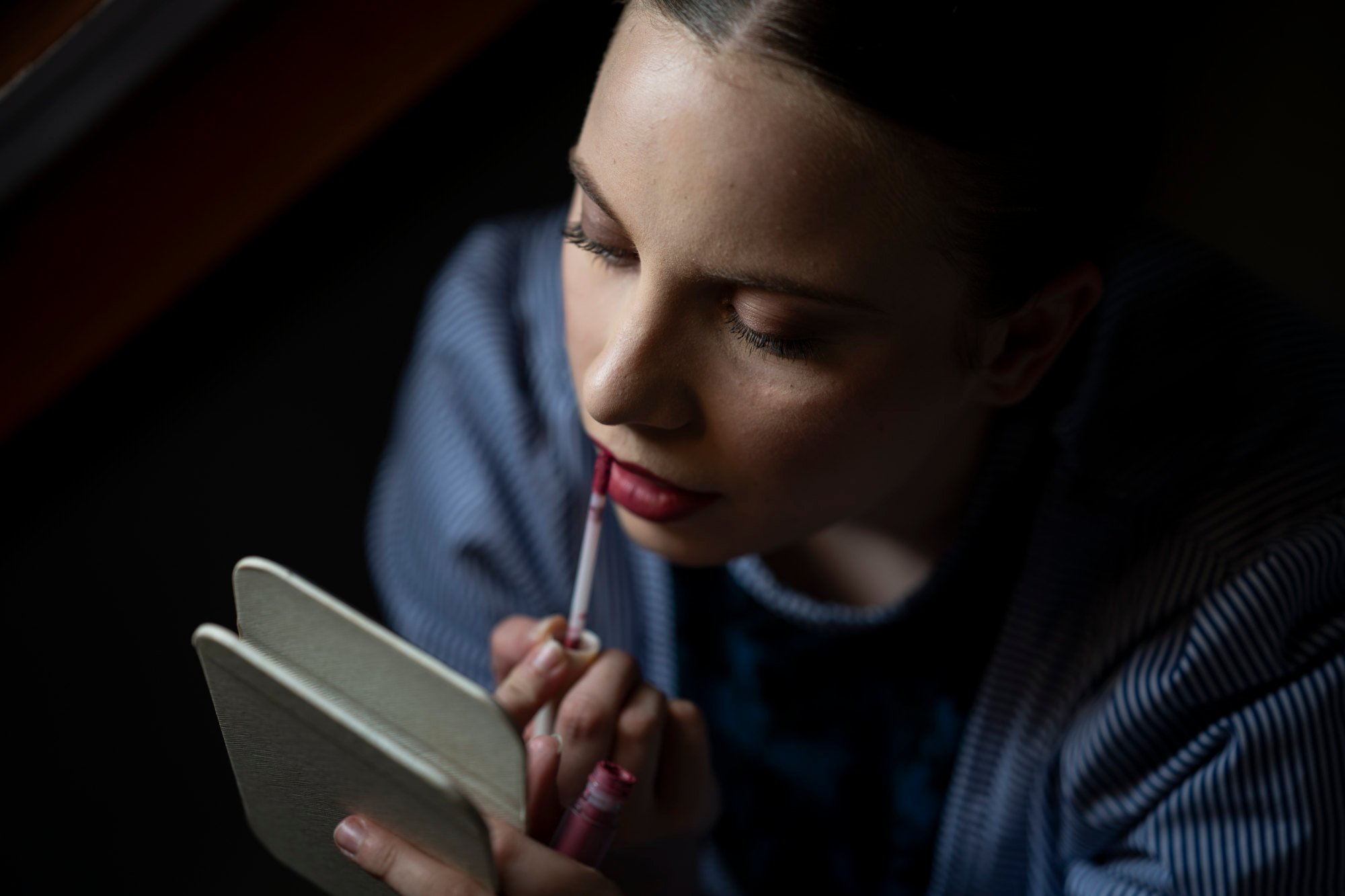
He said that Muslim-majority nations such as Malaysia, Turkey, Saudi Arabia and Indonesia have actively participated in the movement in “solidarity and support for fellow Muslims”.
At the beginning of the war, Malaysian consumers rallied behind a call made by the local arm of the global boycott, divestment and sanction movement to spurn brands seen to have links with Israel, causing many of those companies to incur financial losses.
McDonald’s became a target of the boycott movement after social media videos went viral showing the fast-food chain’s branches in Israel donating free food to Israeli armed forces in the wake of Hamas’ October 7 attack.
But the boycotts against Israel-affiliated businesses is now affecting more than just the American fast-food icon, extending to coffee chain Starbucks and French beauty brand L’Oreal.
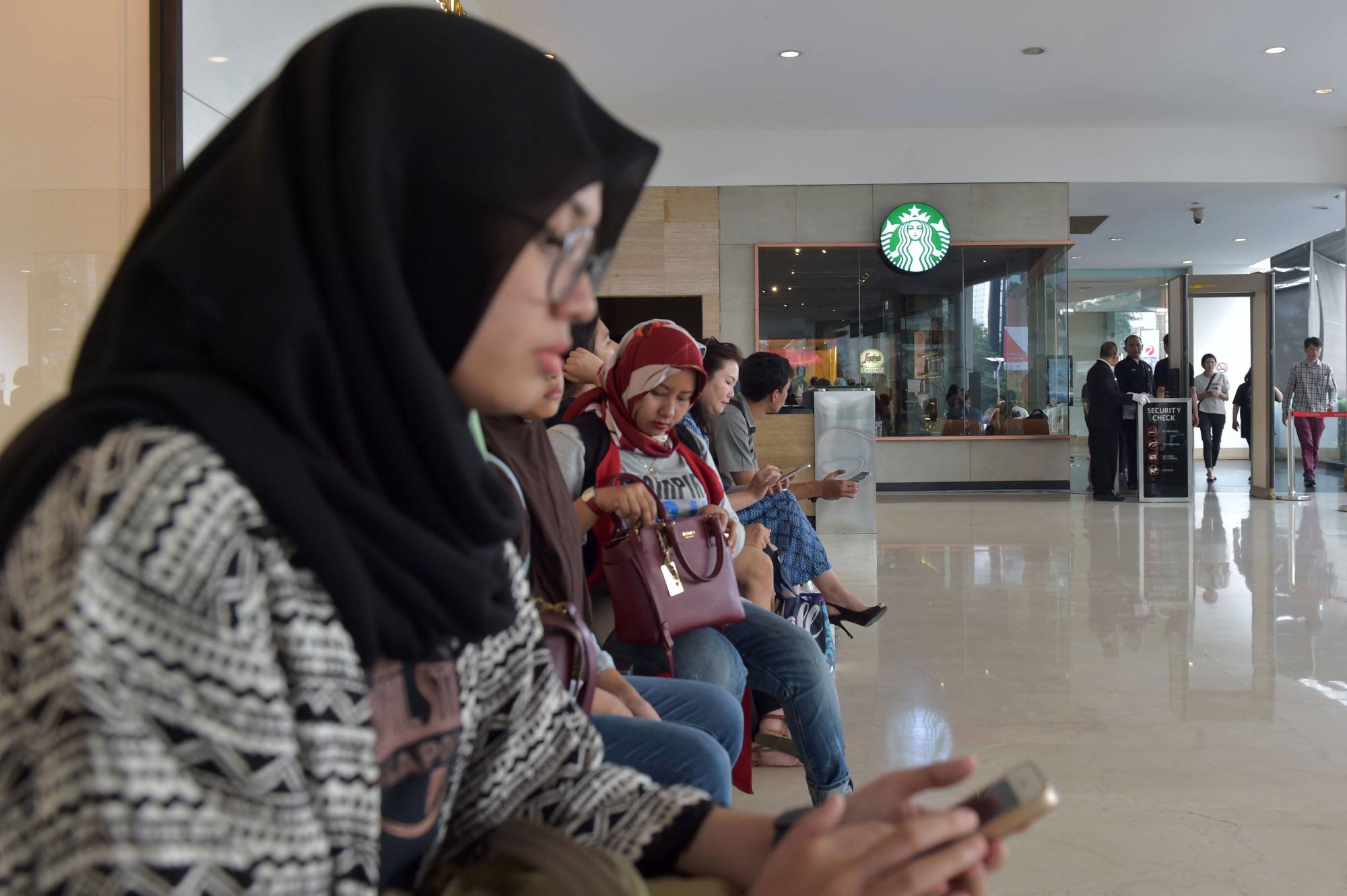
Starbucks operates a franchise model in Malaysia and is owned by local food company Berjaya Food, which reported a 38 per cent year-on-year decline in revenue – falling to 182.55 million ringgit (US$38.3 million) in the October-December quarter, compared to 295.32 million ringgit during the same period in 2022.
Berjaya Food has attributed its lower earning to the “ongoing boycott”.
McDonald’s in February said international sales rose 0.7 per cent during the fourth quarter of last year, significantly lower than the 16.5 per cent rise that was recorded a year earlier.
“The most pronounced impact that we’re seeing is in the Middle East and in Muslim countries like Indonesia and Malaysia,” McDonald’s CEO Chris Kempczinski said.
Indonesia’s divided Muslims unite around a common cause: the Israel-Gaza war
Indonesia’s divided Muslims unite around a common cause: the Israel-Gaza war
While the boycotts weighed on the companies’ share prices and financial reports, they “did not have much impact on the aggregate economy in Indonesia” that grew by 5.04 per cent last year, Yazid said.
“This is an indication that consumers are making substitutions for the Israeli-American affiliated products.”
Retail products such as food and drinks are typically the main targets for boycotts because they are the most visible and easily spurned, Yazid said.
“Fashion products have also seen a similar trend. Mitra Adiperkasa [an Indonesian conglomerate with a department store chain and food and drink outlets] also experienced lower share prices and net profit in 2023,” he said.
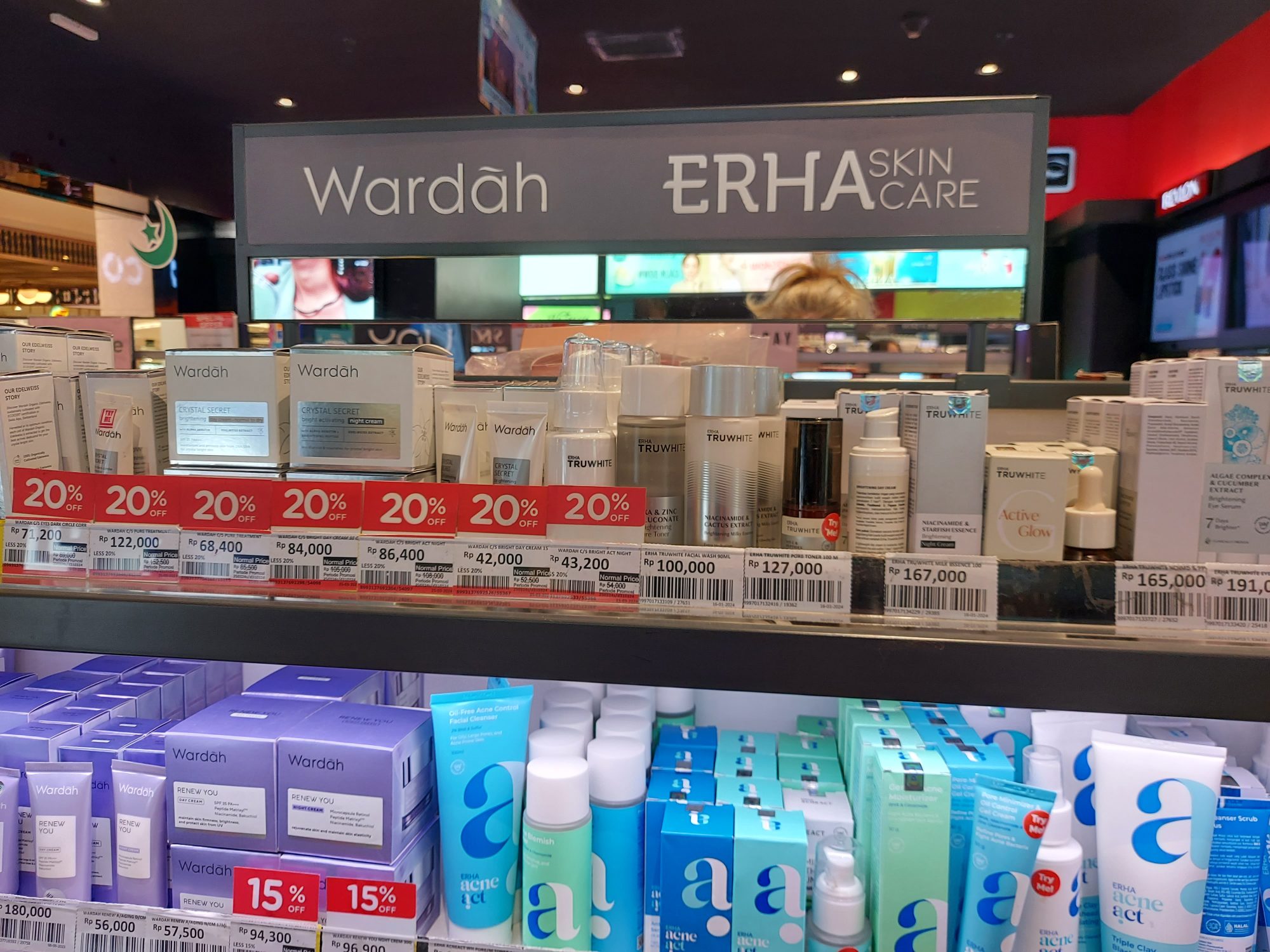
Back in Medan, Phany said beauty brands La Roche Posay and Cerave, both of which are based in New York, have been most affected. The brands are owned by beauty giant L’Oreal, which has a commercial presence in Israel and has partnered with Israeli companies.
Phany has also noticed weaker sales of Vaseline products – owned by Unilever, which has also been targeted for its alleged links to Israel – and said customers have been pivoting to other brands such as China-made Skintific and local brand Wardah amid the boycotts.
Hera, a sales assistant at The Body Shop in Medan, reported a similar experience as Phany.
“Customers have asked us why people are telling them to avoid The Body Shop. Some people have asked me if it is true that The Body Shop is pro-Israel. We tell them it is not true and that [The Body Shop] does not support the conflict in Palestine in any way.”
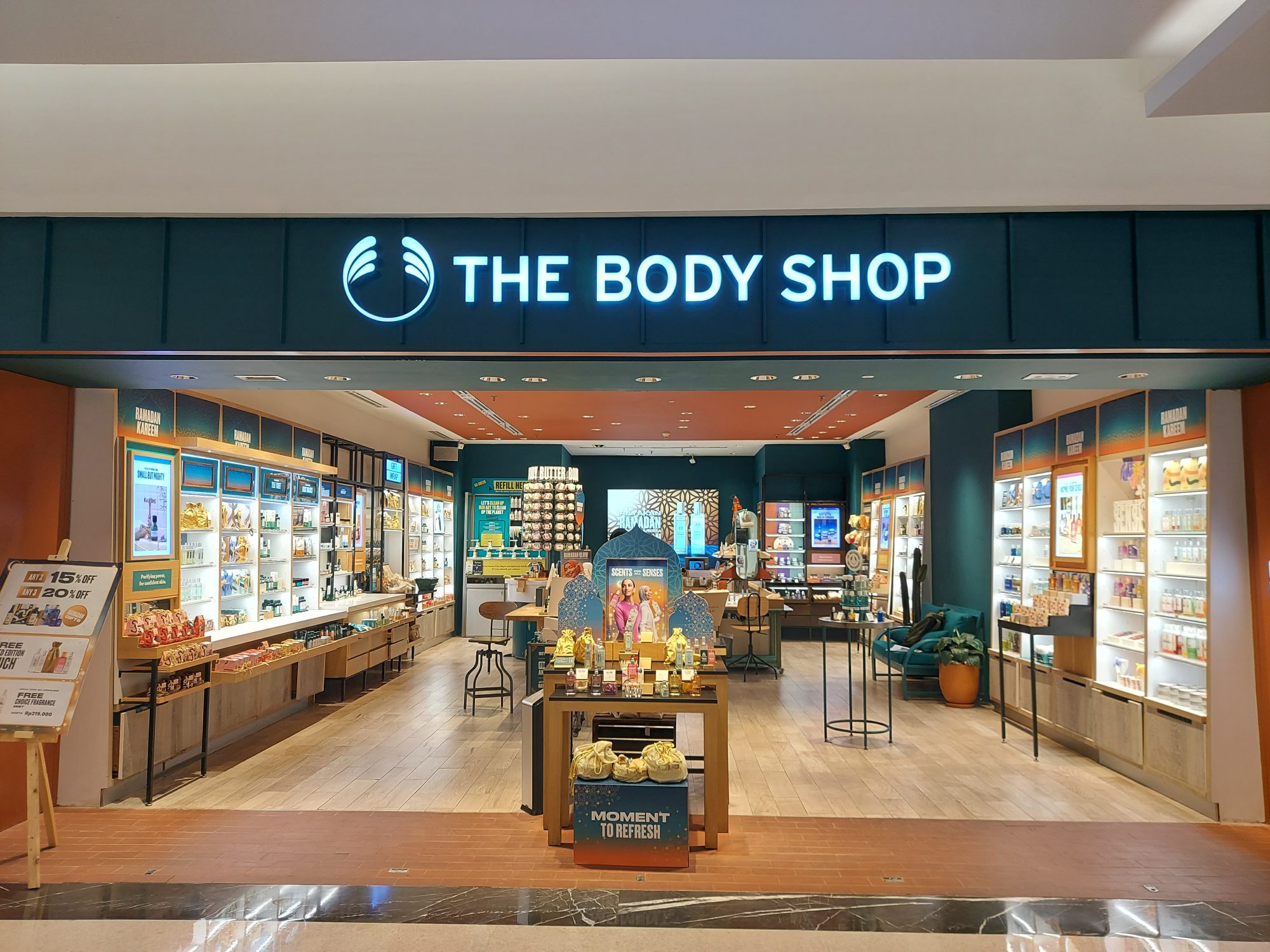
The Body Shop – established in Britain in 1976 – belonged to beauty conglomerate L’Oreal before the company sold it to Brazilian Natura & Co in 2017. Natura & Co in November last year sold The Body Shop to German private equity firm Aurelius.
The Body Shop Indonesia, which is led by activist and businesswoman Suzy Hutomo, says it has donated 1 billion rupiah (US$62,000) to Gaza relief efforts.
Sales assistant Hera confirmed that The Body Shop continued to collect donations for Gaza relief efforts and said she hoped this would alleviate customers’ concerns.
“Hopefully it will all be OK,” she said.


